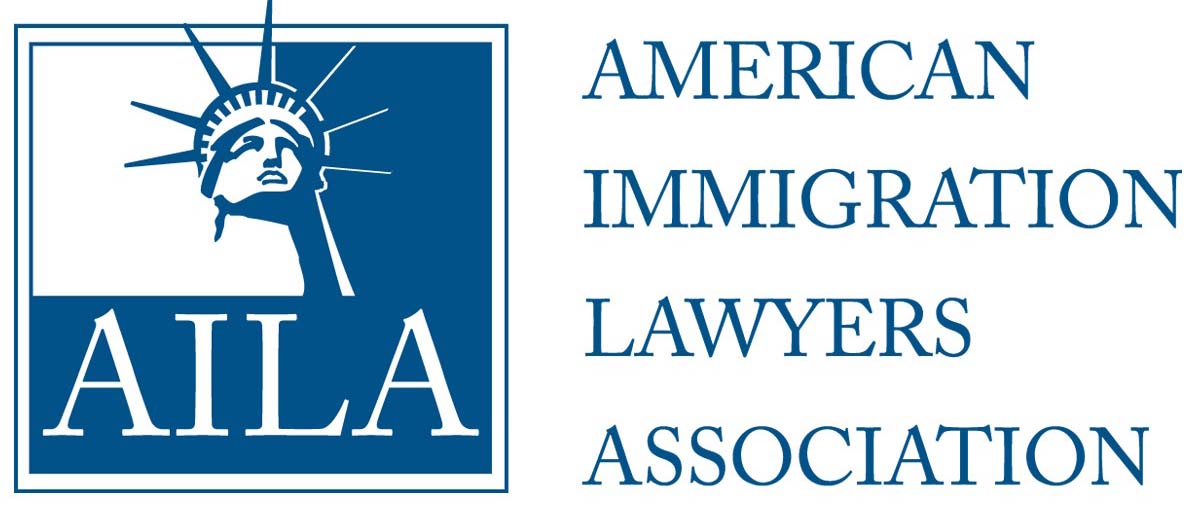Immigration & Nationality Law
Immigration & Nationality Law
Being a first-generation Arab-American, Mary Khano Foteh knows the struggles her family experienced when immigrating to the United States over forty years ago. The U.S. immigration laws have changed quite a bit since that time. With the passage of the Homeland Security Act of 2002, the Department of Homeland Security (DHS) has most of the decision-making power, and has many different agencies under its umbrella.
U.S. Citizenship & Immigration Services (USCIS) is but one of those agencies. USCIS is mainly responsible for adjudicating immigration benefits, like granting lawful permanent residence (“green cards”), changing or extending visas, approving applicants for naturalization, as well as adjudicating asylum and refugee applications. The most common agencies our clients deal with and their roles can be summarized as follows:
US Department of State – issues immigrant and non-immigrant visas at an Embassy or Consulate
United States Citizenship & Immigration Services (USCIS) – oversees lawful immigration to the US; determines if applicants qualify for Lawful Permanent Resident status and for Naturalization; adjudicates humanitarian, family and employment-based applications
US Immigration & Customs Enforcement (ICE) – oversees and handles enforcement and removal operations; detention and bond operations; homeland security investigations; worksite enforcement
US Customs & Border Protection (CBP) – secures US borders and ports of entry
Executive Office for Immigration Review (EOIR) – immigration courts which make removal/deportation decisions based on the alleged violations of the Immigration & Nationality Act
Board of Immigration Appeals (BIA) -The highest administrative body for interpreting and applying immigration laws. The BIA has nationwide jurisdiction to hear appeals from certain decisions rendered by Immigration Judges and by district directors of the Department of Homeland Security (DHS).
Immigration laws are based on federal codes, laws and regulations; immigration law is not state-specific. However, knowledge of state laws, especially applicable criminal law and family law, can dictate how the immigration laws may affect your situation. The Law Office of Mary Khano Foteh, P.C. has over 20 years of experience representing clients before USCIS, as well as the other major agency players, like U.S. Custom & Border Protection (CBP) and U.S. Immigration & Customs Enforcement (ICE). Whether you have an adjustment case, removal case, or visa issue, Mrs. Foteh will walk you through the process step by step and zealously represent you.
CALL (713) 988-0505
Law Office of Mary Khano Foteh, P.C.
6542 Greatwood Parkway, Suite A
Sugar Land, Texas 77479
Out of 110,000 lawyers that are licensed to practice in Texas, only 6,850 are Board Certified in one of 27 select areas of law. Once certified, these lawyers meet additional criteria to continue their education and involvement in their specialty area as well as reapply for Board Certification every 5 years.
Mary Khano Foteh has been Board Certified in Immigration & Nationality Law by the Texas Board of Legal Specialization since 2006.
The information on this website is for general information purposes only. Nothing on this or associated pages, documents, comments, answers, emails, or other communications should be taken as legal advice for any individual case or situation. This information on this website is not intended to create, and receipt or viewing of this information does not constitute, an attorney-client relationship.
Credit Cards Accepted
Credit cards are accepted for professional services and are not accepted for payment of filing fees.





